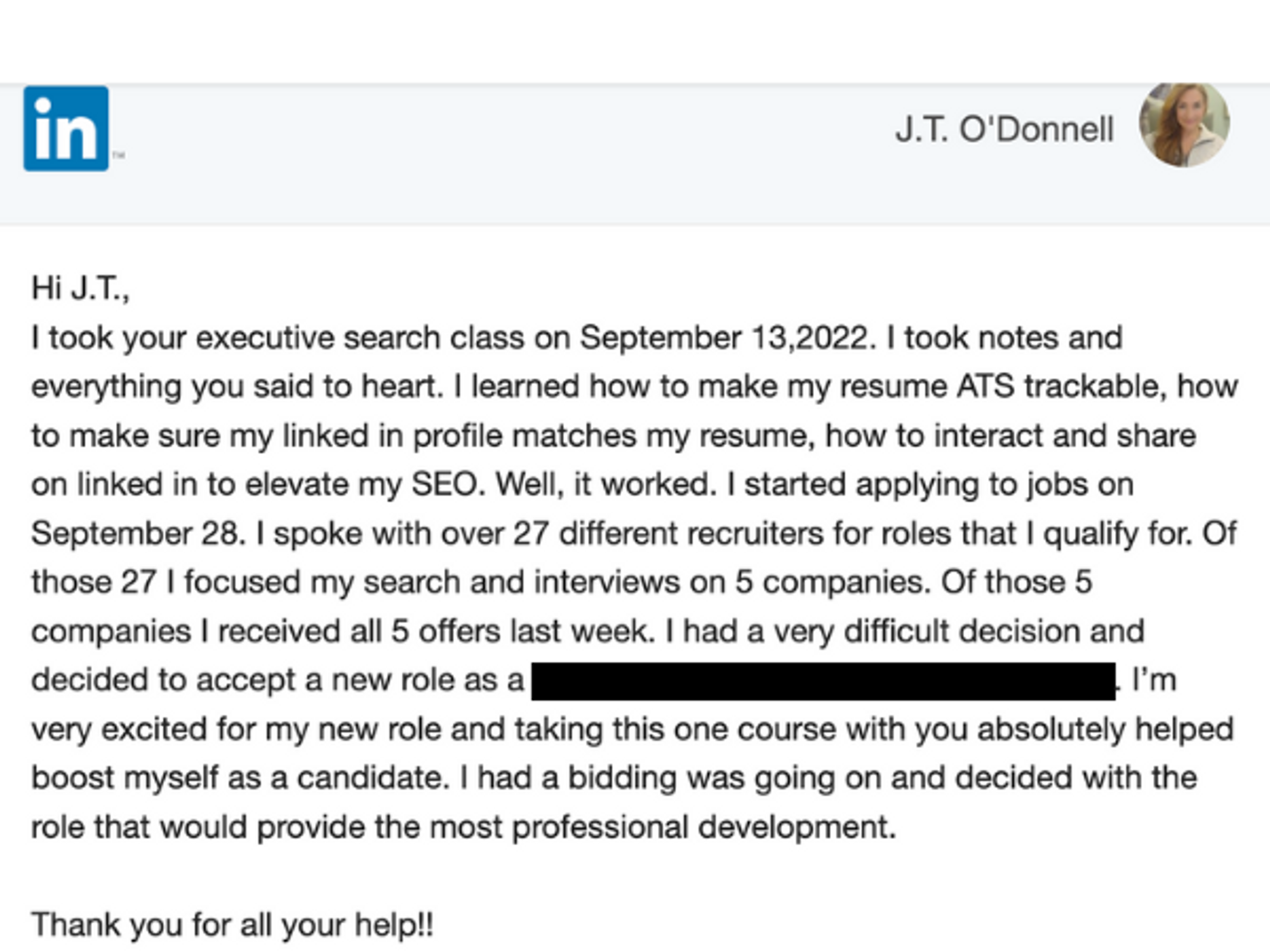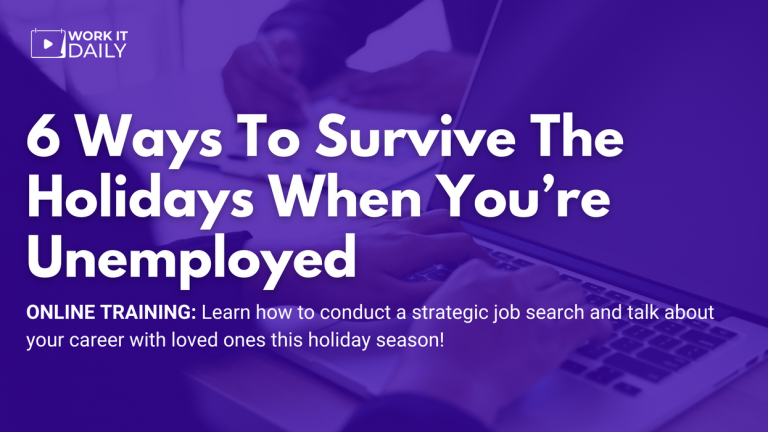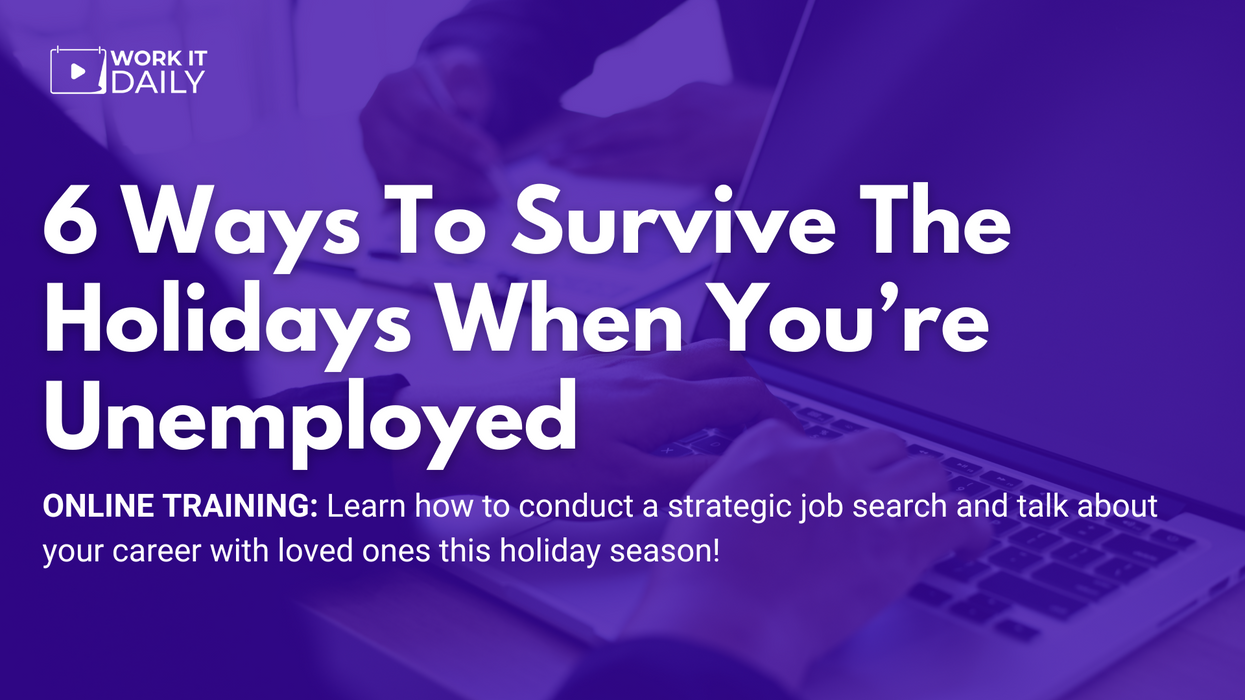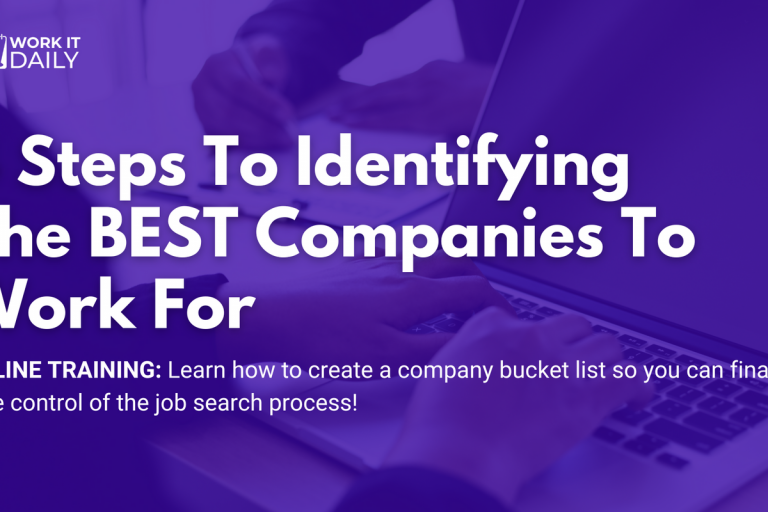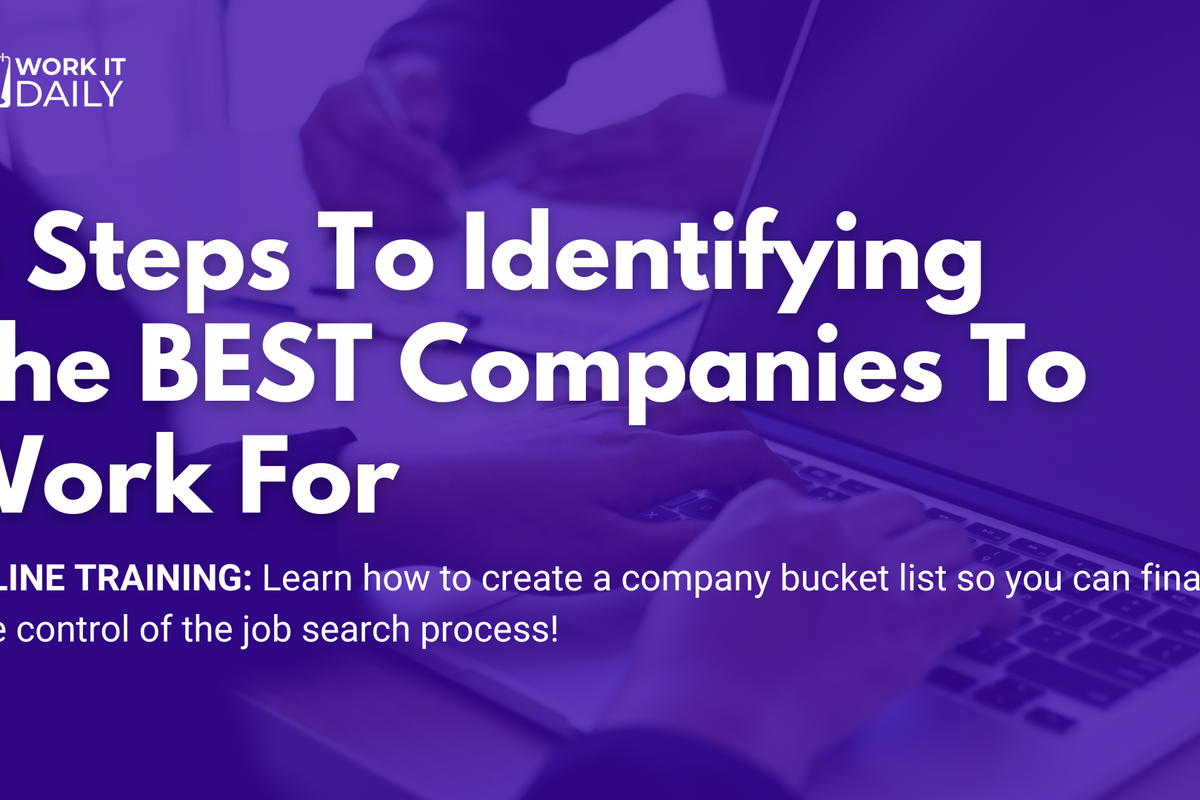How To Write A LinkedIn Profile When Youâre Unemployed

Are you wondering how to write a LinkedIn profile when you’re unemployed? This may sound odd, but if you’re unemployed, you actually have BETTER opportunities to promote yourself on LinkedIn than other users.
Openly displaying your personal brand and skills is simpler than fretting over the possibility that your boss is reviewing your LinkedIn profile changes with suspicion. Still, marketing yourself on LinkedIn when you’re seeking a new job can be daunting. What should you disclose about your job search and goalsâand how much?
Use these tips for a strong LinkedIn profileâone that tells employers why you’re an asset to their organization, while capitalizing on your ability to freely promote your skills.
1. Your Headline
Here’s where you’ll want to ensure your value proposition (rather than your employment status) stands out. After all, your LinkedIn headline is prime real estate. It’s displayed in nearly every interaction you’ll have on the site and is the most heavily weighted field in LinkedIn’s indexing scheme.
However, your employment status is NOT the brand message to send to employers. That’s definitely one of the common LinkedIn headline mistakes. Instead, you’ll want to display a clear promise of value, while alluding to (but not directly stating) your job search.
Optimize your LinkedIn profile (especially your headline) by adding specific keywords that relate to your skill sets.
The following example shows how you can make your message clear to employers, without the negative connotation of “unemployed” in your LinkedIn headline:
Senior Sales Rep | Manufacturing | SaaS | IT | Infrastructure | Applications | Networking | Managed Services
See how there’s no mention of your employment status? The goal is to draw recruiters, hiring managers, and employers in with your skills. Then they’ll be inclined to check out your profile, review your experience, and message you once they see your LinkedIn summary and the end date of your previous job.
2. Your Summary

Just like your LinkedIn headline, your summary can be used to deliver a direct message to employersâreferring to your value proposition first and foremost. What services do you provide as a business-of-one?
The best way to accomplish this is by adding a vertical list of your skills underneath your personal branding statement, which is basically you explaining the problem you like to solve for employers and what you would like to do next with your skills.
You can also close your LinkedIn summary with a call to action that states:
I’m eager to discuss requirements for a business development leader who can open multiyear sales opportunities at the CIO or CTO level, using a sales background in cloud services, hosting, managed services, and software.
In this example, business development, sales, CIO, CTO, and other industry-specific terms are all used as keywords to attract attention from the right employer. Combine this with a list of skills and a keyword-optimized personal branding statement and you’ll have hiring managers hooked.
3. Your Experience

If your employment ended only recently, you have several options. Some users leave their LinkedIn profile as is for a few months, especially if they’re technically still “employed” by receiving severance pay. You may need to check with your former employer before doing this.
Another option is to simply give your former job an end date on your LinkedIn profile. While doing so will drop your profile’s searchability (slightly), this is also the most straightforward way to show your current status.
In some cases, job seekers add a “current job” to give recruiters an idea of the title they’re seeking, while making it clear they’re currently unemployed. Should you decide to do so, a simple “COO in Transition” or “Sales Rep Open to Territory Responsibility” can serve to educate your LinkedIn profile viewers on your status.
The bottom line? Being unemployed is actually a good reason to tend to your LinkedIn profile with renewed enthusiasm. If you use keywords and brand messaging appropriately and leverage your ability to be more open in your job search, you’re likely to gain increased traffic (and job opportunities) as a result.
Need more help with your job search?
We’d love it if you signed up for Work It Daily’s Event Subscription! Get your career questions answered in our next live event!
This article was originally published at an earlier date.












